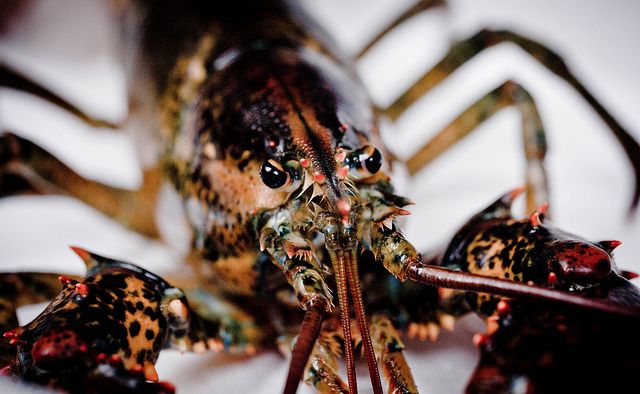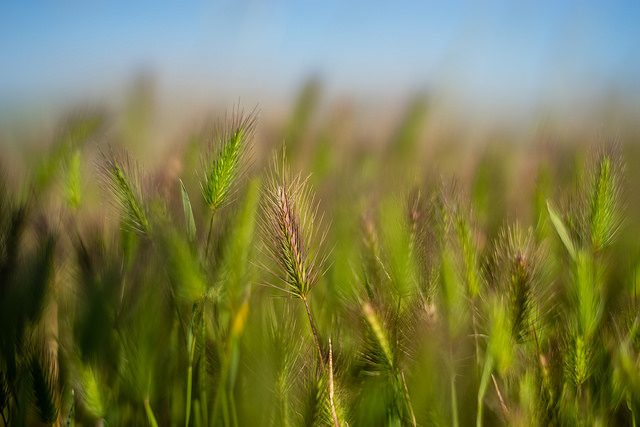Turning orange peel into plastic?

Next time you eat an orange, think twice about chucking the peel into a bin – it might just help generate low-carbon plastic or energy in the future. An international group of scientists has come up with an innovative way of recycling food waste such as orange peel or coffee grounds.
Researchers at the universities of York, Sao Paulo and Cordoba have found that high-powered microwave heating can help activate cellulose in a variety of food waste, triggering the release of several chemicals. These include limonene, used in various household chemicals, and bio-ethanol which can be used as a substitute for diesel fuel. These chemicals could ultimately be used to make many of the chemicals and materials that we currently need oil for. And it could help tackle the growing problem of food waste.
The project called OPEC, or the Orange Peel Exploitation Company, plans to tie up with the juice-making industry in Brazil, a huge producer of orange peel residue. As a first step, there are plans to build a pilot plant in York that would process about 10 kilograms of waste per hour.






